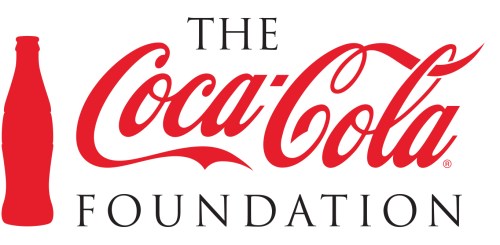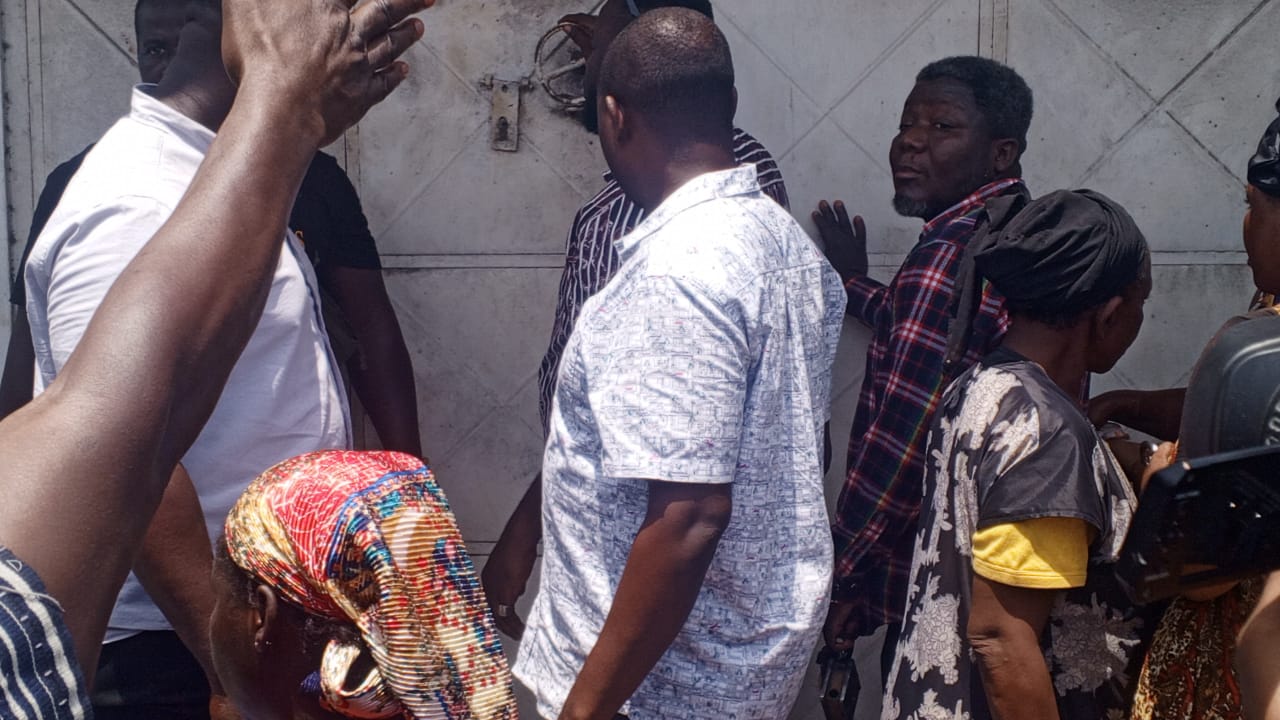
Ghana is reeling from a staggering estimated tax loss of over $2.3 billion due to rampant smuggling activities, including the illegal importation of beverages, sugar, rice and cocoa.
The Ghana Revenue Authority (GRA) and private sector players are now stepping up efforts to stem the tide of economic sabotage.
One of the most recent revelations involves the Coca-Cola Bottling Company of Ghana Limited, which has engaged the GRA in high-level discussions, following the smuggling of approximately 150,000 crates of Coca-Cola products into the country, each month from Nigeria.
The underground trade, valued at over $700,000 monthly, not only threatens the business of legitimate importers but also erodes the country’s tax base.
During a courtesy visit to the GRA yesterday, Coca-Cola Ghana Managing Director, Mr. Felix Gomis, met with both the Commissioner of Customs and the Commissioner-General to express concern over the deepening impact of the illicit trade on their operations and the broader economy.
This issue is part of a larger smuggling crisis that has seen Ghana lose an estimated GH?1.3 billion in taxes from the illegal importation of sugar and rice, primarily through the Togo border.
Recent reports detail how smugglers have flooded local markets with untaxed products, dealing a blow to local producers and undermining state revenue.
Anthony Kwasi Sarpong, Commissioner-General of the GRA, said smuggling activities do not only distort market competition, but also deprive the state of critical revenue needed for development.
He thanked Coca-Cola for its openness and reaffirmed the Authority’s commitment to addressing the issue head-on.
“Often, tax administrators are seen as people to avoid, but this engagement shows we can work together constructively,” he said.
“When businesses flourish and generate profit, then we can do our job of collecting taxes to drive national development.”
Mr. Sarpong emphasised the alignment of GRA’s strategies with the President’s vision to “reset” the economy – an agenda focused on job creation, revenue mobilisation and infrastructure development.
He underscored that every cedi lost to smuggling represents a missed opportunity for a child to go to school, for a rural community to access healthcare or for roads to be constructed.
The Commissioner-General also referenced the broader consequences of smuggling, including its role in disrupting market prices, weakening local businesses and eroding public confidence in the country’s regulatory systems.
Ghana has long battled smuggling across multiple sectors. Last season alone, over 160,000 tons of cocoa were smuggled out of the country, prompting the government to deploy specialised personnel to monitor customs officers and intercept smuggled goods.
Mr. Gomis acknowledged Coca-Cola’s critical role in Ghana’s economy and expressed confidence in the partnership with the GRA. “We understand the diverse impact of smuggling—not just on our business, but on the nation’s ability to thrive. Through collaboration, we believe we can significantly reduce this menace,” he said.
As Ghana continues to grapple with economic headwinds and tightening global financial support, both government and private sector actors are increasingly aware that safeguarding domestic revenue is not optional – it’s essential.
The post 150k crates of Coca-Cola smuggled to Ghana every month from Nigeria appeared first on The Ghanaian Chronicle.
Read Full Story
















Facebook
Twitter
Pinterest
Instagram
Google+
YouTube
LinkedIn
RSS